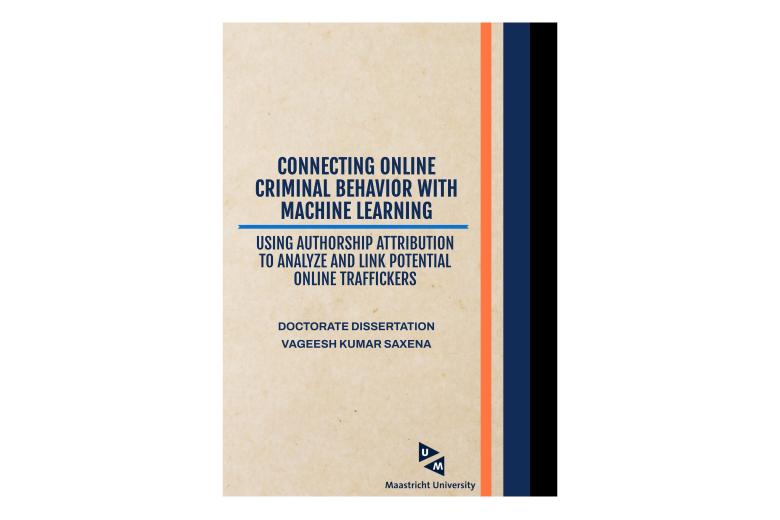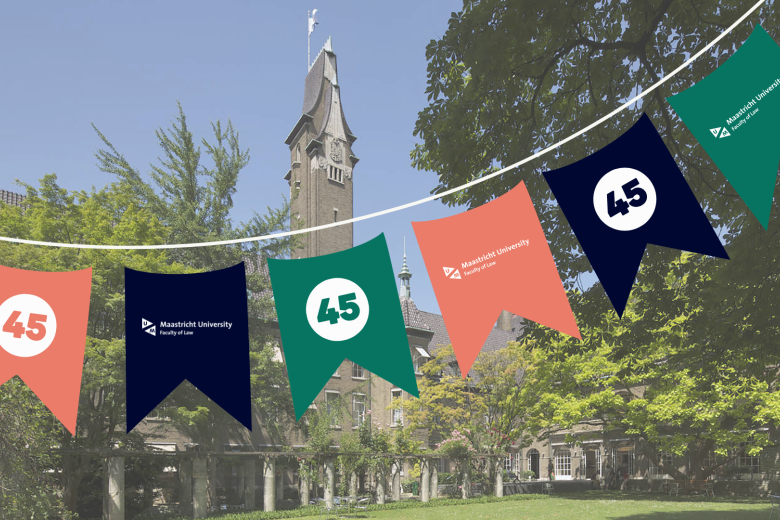Le Principe de la Libre Administration des Collectivités Territoriales en Droit du Bénin et en Droit de la France
The question raised by this study is to determine, in fact, whether the principle of the free administration of local authorities in general theory of law is a simple legal rule or rather a legal principle.
Finding whether the right for local authorities to administer themselves freely is sufficiently protected leads to question the content of the principle and to analyze its level of implementation through the capacity of local authorities in Benin and France to act. In terms of the hegemony of the State over local authorities by means of the control of legality exercised by its representatives even if the administrative judge intervenes in fine in this process in France.
This thesis therefore strives not only to analyze the nature, the real legal value and the level of implementation of the concept in the relationships of local authorities with central power in Benin and in France, but to answer above all the question. Whether it constitutes a principal rule capable of imposing itself as such on the central power? Or is it a superior legislative rule because it is one with the constitutionality block? Or better, if it is a simple legislative rule, that is to say, an ordinary law in Benin unlike France which raised it to the rank of constitutional rule and whose implementation work is organized by laws.
Also read
-
AI and the Future of Tax Law: Rethinking Compliance, Governance, and Legal Design
On 17-18 December 2025, the Maastricht Centre for Taxation hosted an international online conference titled “AI and the Future of Tax Law: Rethinking Compliance, Governance, and Legal Design”.
-
Connecting Online Criminal Behavior with Machine Learning: Using Authorship Attribution to Analyze and Link Potential Online Traffickers
PhD thesis by Vageesh Saxena
-
Faculty of Law celebrates 45th anniversary
In 2026, the Faculty of Law at Maastricht University will celebrate its 45th anniversary.